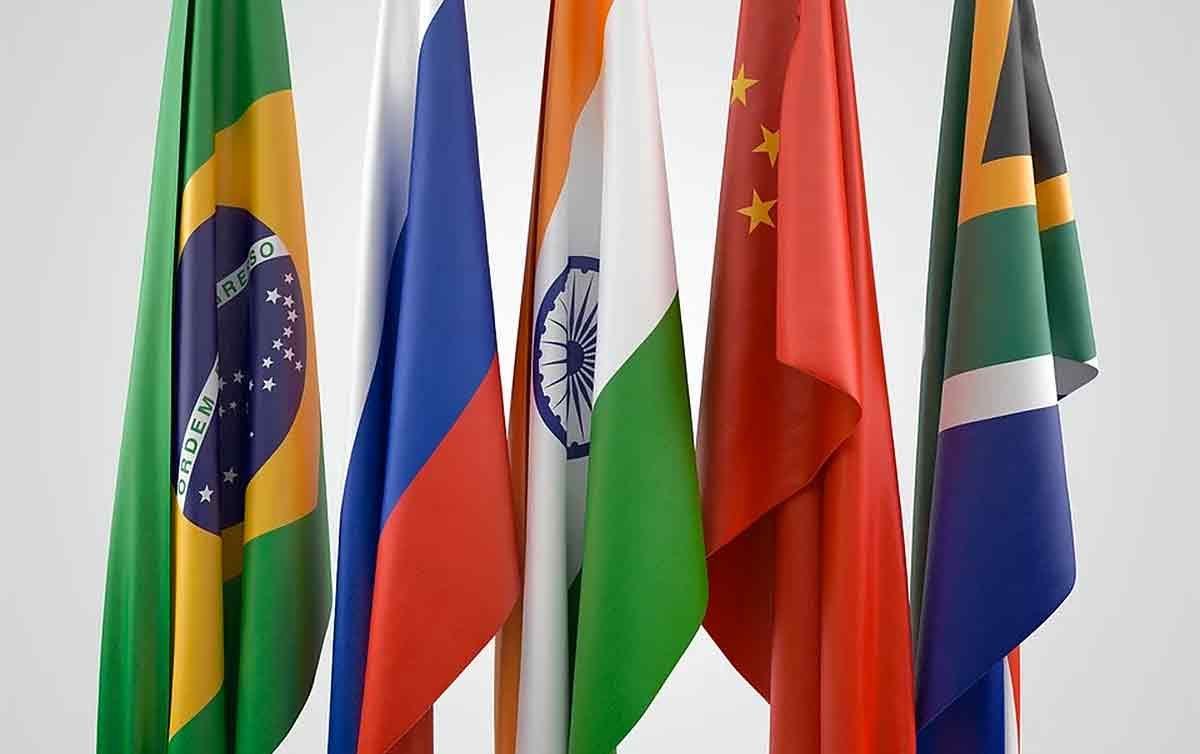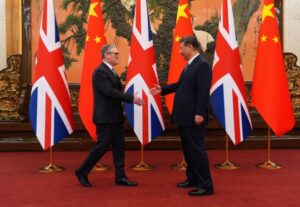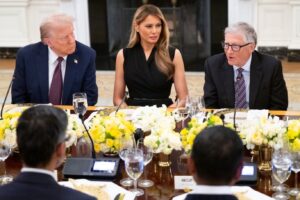
Published 08/18/2023 17:16 | Edited 08/18/2023 18:27
The meeting of the Brics summit, a group of countries that brings together Brazil, Russia, India, China and South Africa, will have its annual meeting between the 22nd and 24th of August.
It will be the 15th meeting ever held with heads of state and will take place in Johannesburg, South Africa. President Lula confirmed his presence at the event.
After the meeting, he will travel to Angola on the 25th and 26th and to São Tomé and Príncipe, on the 27th, where he will participate in the 14th Conference of Heads of State and Government of the Community of Portuguese Speaking Countries (CPLP).
Read too: Lula defends the expansion of the Brics; 22 countries have already applied for membership
But before the official start of the summit, the Business Council of the Brics (Cebrics) meets from the 19th. The Brazilian delegation is organized by the National Confederation of Industry (CNI).
The idea is for businessmen in the countries to deliver a document with recommendations to the heads of state. According to CNI, the Business Council comprises 25 companies, with five members from each country. Currently, those who make up the Board on behalf of Brazil are Vale, WEG, Banco do Brasil, BRF and Embraer.
The Council has nine working groups in the following areas: agribusiness, aviation, skills development, deregulation, digital economy, energy and green economy, infrastructure, manufacturing and financial services.
Read too: Young people debate the role of the media in building a multipolar world
Below are the ten demands that the delegation of Brazilian executives led by the CNI will take for discussion at the Business Council of the Brics.
- Establishment of a multilateral agreement on air services, considering that the bilateral agreements that already exist are restrictive for air transport;
- Collaboration for the development of smart fertilizers, biofertilizers and mineral fertilizers, and standards for certification of eco-efficient fertilizers;
- Development of standards for 50 future qualifications, allowing to unify criteria for international competitions and training programs between countries;
- Creation of a fund to finance clean energy projects at the New Development Bank (NDB);
- Cooperation for the development of digital infrastructure that increases connectivity, including in remote areas of the BRICS countries;
- Development of e-skills programs for girls and women;
- Elaboration of a portfolio of priority infrastructure projects in the Brics countries to increase financing visibility;
- Development of trade routes with investments in small ports, railways and short sea shipping, to reduce the carbon footprint;
- Creation of a collaboration platform between government, private sector and academia to seek solutions to new infrastructure problems;
- Harmonization of regulatory standards for manufactured products to facilitate their incorporation into value chains.
*With CNI information
Source: vermelho.org.br

